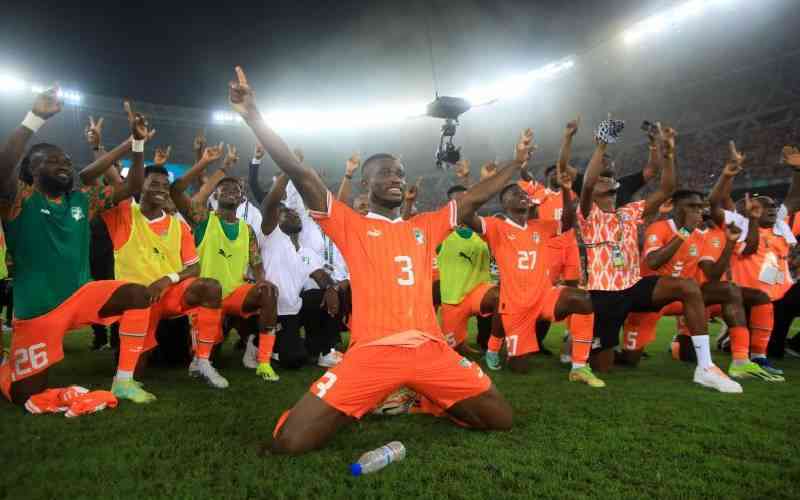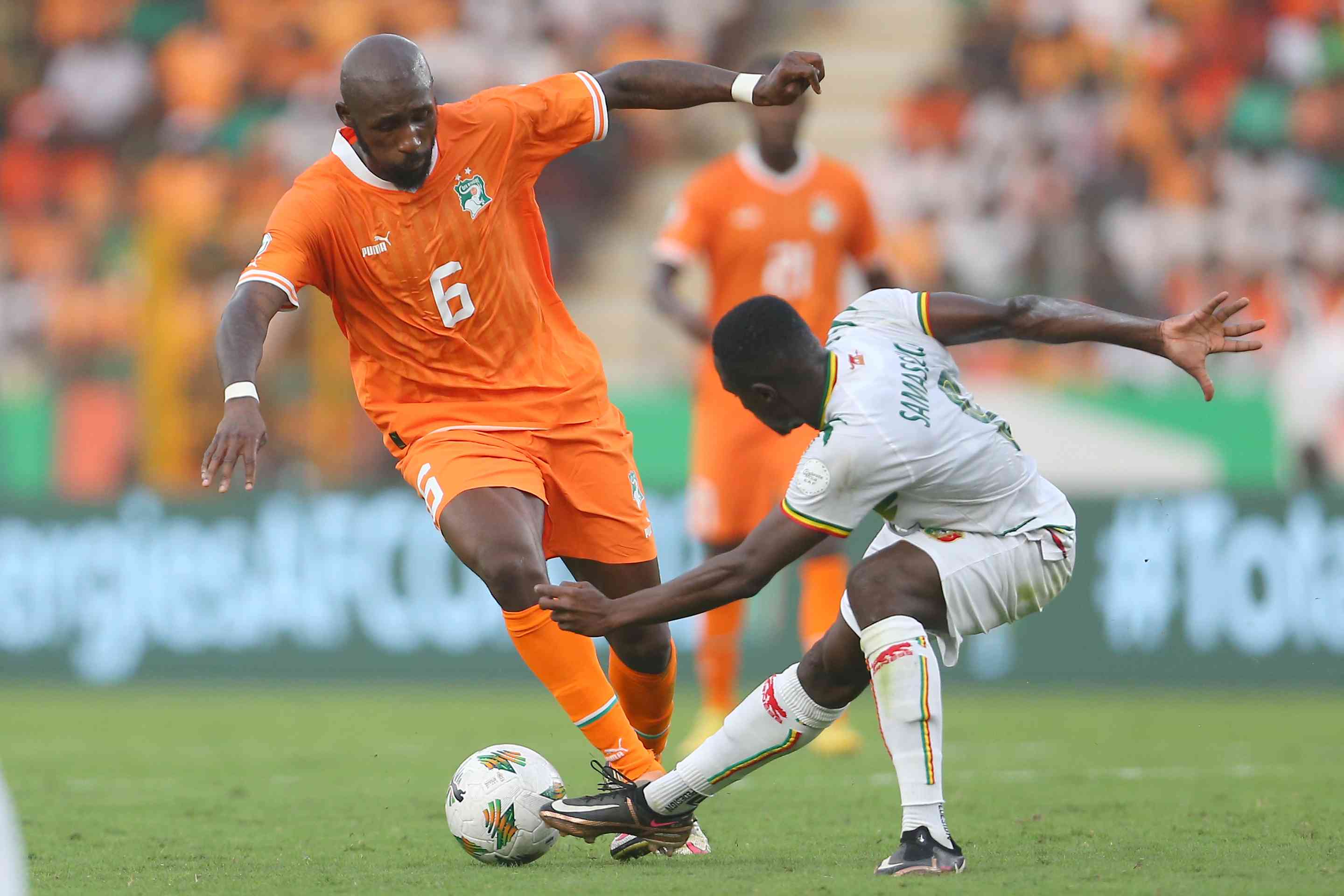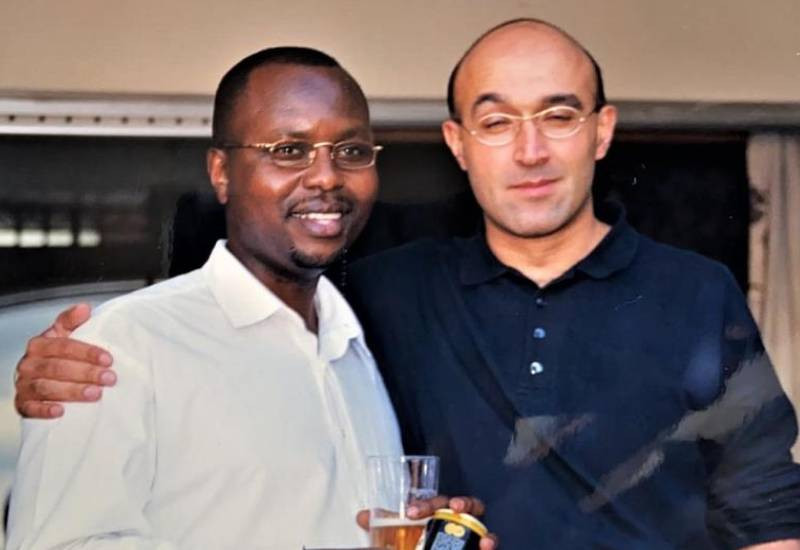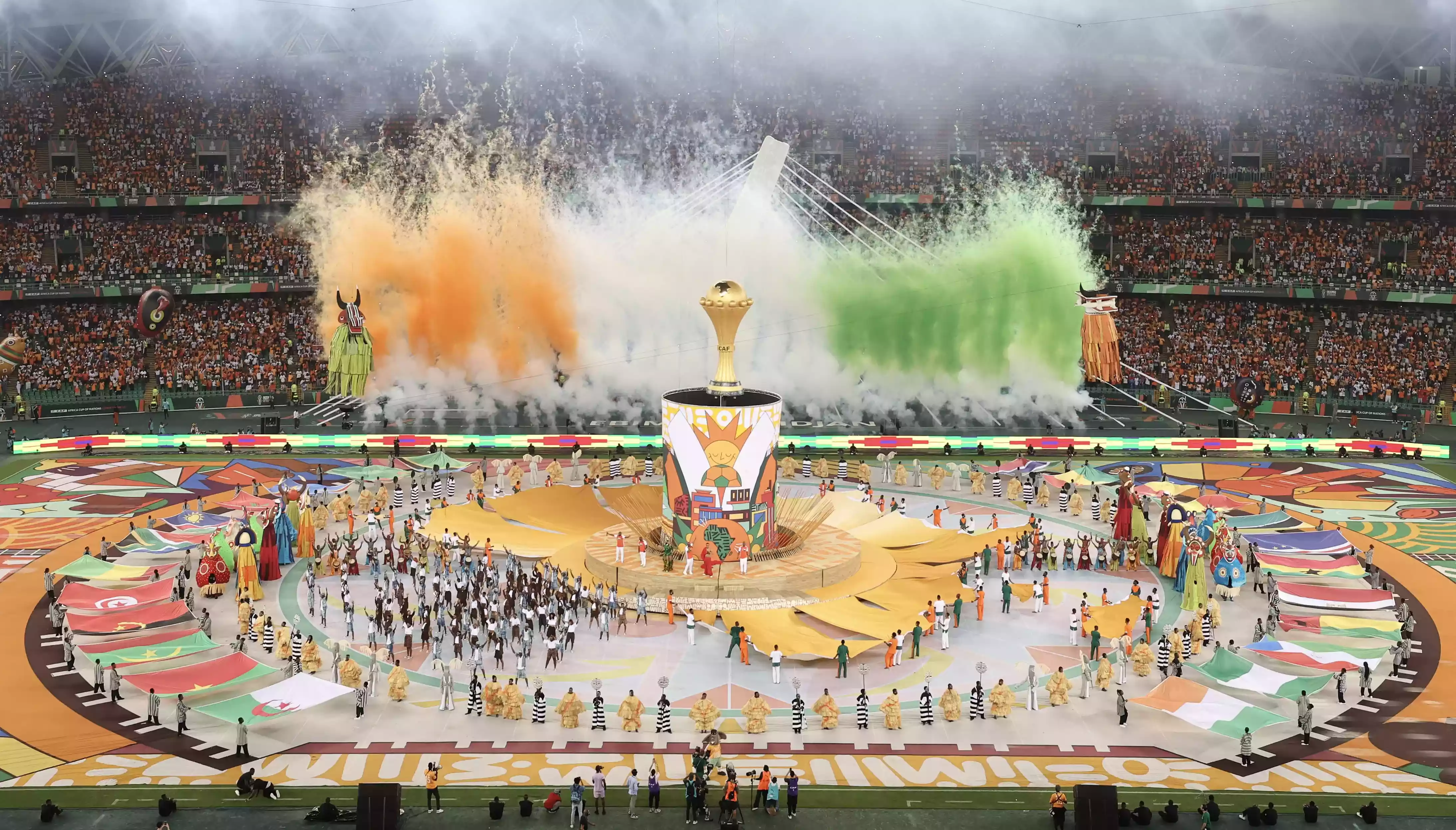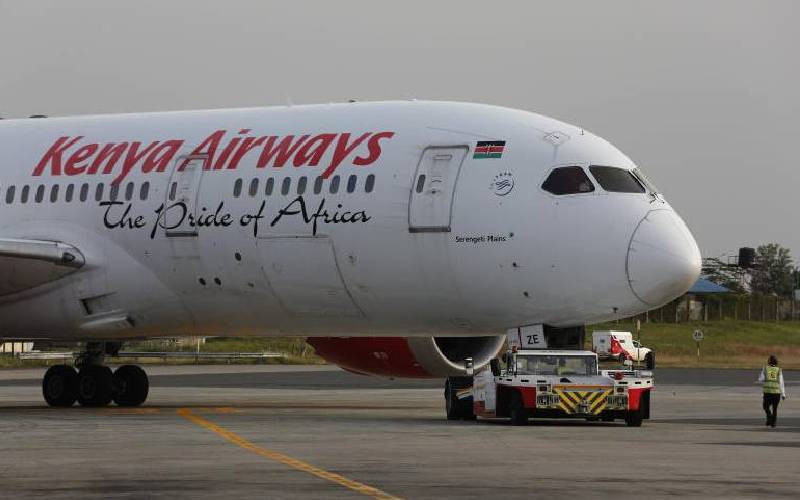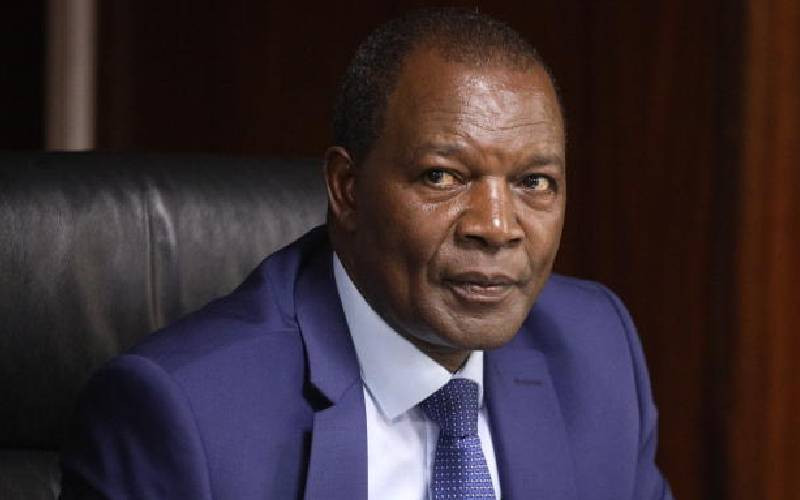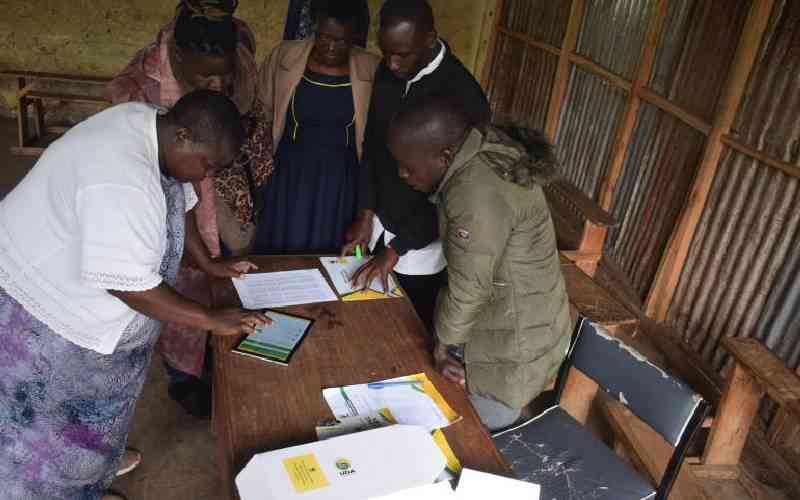Exiles supporting Ivory Coast's former President Laurent Gbagbo have established a base in neighboring Ghana from which they are working to destabilize the current Ivorian government, according to excerpts from a new report by a U.N. expert panel.
The supporters of Gbagbo, who is awaiting trial in The Hague for crimes against humanity, have a "military structure," have hired mercenaries in Ghana and Liberia and have established several training camps in eastern Liberia, the report said.
"They (Ivorian exiles) have established a strategic command in Ghana," it said, adding that their goal was to "destabilize" the government in Ivory Coast and return to power.
The observations were in an interim report from the so-called U.N. Group of Experts, which monitors compliance with the Ivory Coast sanctions regime.
The group plans to discuss its report with members of the U.N. Security Council's Ivory Coast sanctions committee on Friday, U.N. diplomats said.
Excerpts and information from the report, which also mentioned some less serious potential violations of the U.N. sanctions regime by the Ivorian government, were given to Reuters by a U.N. official and Security Council diplomats.
The findings appear to add credence to allegations made by the Ivorian authorities that military and civilian officials of the former government, many of whom fled across the border at the end of a brief conflict last year, are continuing their fight against President Alassane Ouattara's government from Ghanaian soil.
The experts said that some pro-Gbagbo field commanders, collectively known as "the generals," boasted nicknames like "Western Tarzan," "Bob Marley," "Bushdog" and "Iron Jacket."
The experts also identified the leaders of a June 2012 operation that led to the deaths of seven U.N. peacekeepers from Niger. One of the leaders went by the alias "Rambo."
The peacekeepers were killed when their patrol came under fire close to Ivory Coast's porous border with Liberia, in what Ivorian authorities said was a cross-border raid. Ivory Coast announced in July that four men had been arrested in Liberia and would be extradited to stand trial.
Ivory Coast announced on Monday that it would reopen its eastern border with Ghana, more than two weeks after it was closed over a series of deadly attacks Ivorian officials said were launched from Ghanaian territory.
Ghana has said the pro-Gbagbo exiles are political refugees and has promised to investigate the attacks, which have worsened relations already strained by Accra's refusal to act on international arrest warrants for former members of Gbagbo's government issued by Ivory Coast last year.
Gbagbo's refusal to accept defeat in a 2010 election won by Ouattara led to a brief war last year that killed more than 3,000 people.
ATTEMPTS TO RECRUIT MALI ISLAMISTS
The experts' report said pro-Gbagbo supporters were also looking to operate from Mali, which descended into chaos in March when soldiers toppled the president and left a power vacuum that enabled Tuareg rebels to seize two-thirds of the country. Islamist extremists, some al Qaeda allies, hijacked the revolt in northern Mali.
Stay informed. Subscribe to our newsletter
"On 12 July, 2012, a meeting took place in Takoradi (Ghana) where various exiled groups supporting Gbagbo united their efforts and defined a course of action with a view of returning to power in Cote d'Ivoire, including the development of a political and military strategy to identify possible bases of operations in neighboring countries such as Mali," it said.
Pro-Gbagbo elements appeared to be trying to recruit Islamist rebels in Mali while encouraging the country's military junta to help destabilize Ivory Coast, the report said.
It said there were contacts between Gbagbo backers and Ansar Dine, an Islamist group among those in control in northern Mali. Ansar Dine is aligned with al Qaeda and promotes adherence to strict Islamic law.
Asked why supporters of Gbagbo, a Christian, would be aligning themselves with Islamists, a U.N. official told Reuters: "The enemy of my enemy is my friend."
The West African regional group ECOWAS is planning a military intervention to end the Islamists' control of northern Mali.
The experts' report on Ivory Coast also said Ouattara's government may have violated a U.N. arms embargo by importing military radio equipment, uniforms and knives.
U.N. sanctions on Ivory Coast have been in place since 2004 and include restrictions on the export of rough diamonds.
- Reuters
 The Standard Group Plc is a
multi-media organization with investments in media platforms spanning newspaper
print operations, television, radio broadcasting, digital and online services. The
Standard Group is recognized as a leading multi-media house in Kenya with a key
influence in matters of national and international interest.
The Standard Group Plc is a
multi-media organization with investments in media platforms spanning newspaper
print operations, television, radio broadcasting, digital and online services. The
Standard Group is recognized as a leading multi-media house in Kenya with a key
influence in matters of national and international interest.
 The Standard Group Plc is a
multi-media organization with investments in media platforms spanning newspaper
print operations, television, radio broadcasting, digital and online services. The
Standard Group is recognized as a leading multi-media house in Kenya with a key
influence in matters of national and international interest.
The Standard Group Plc is a
multi-media organization with investments in media platforms spanning newspaper
print operations, television, radio broadcasting, digital and online services. The
Standard Group is recognized as a leading multi-media house in Kenya with a key
influence in matters of national and international interest.

